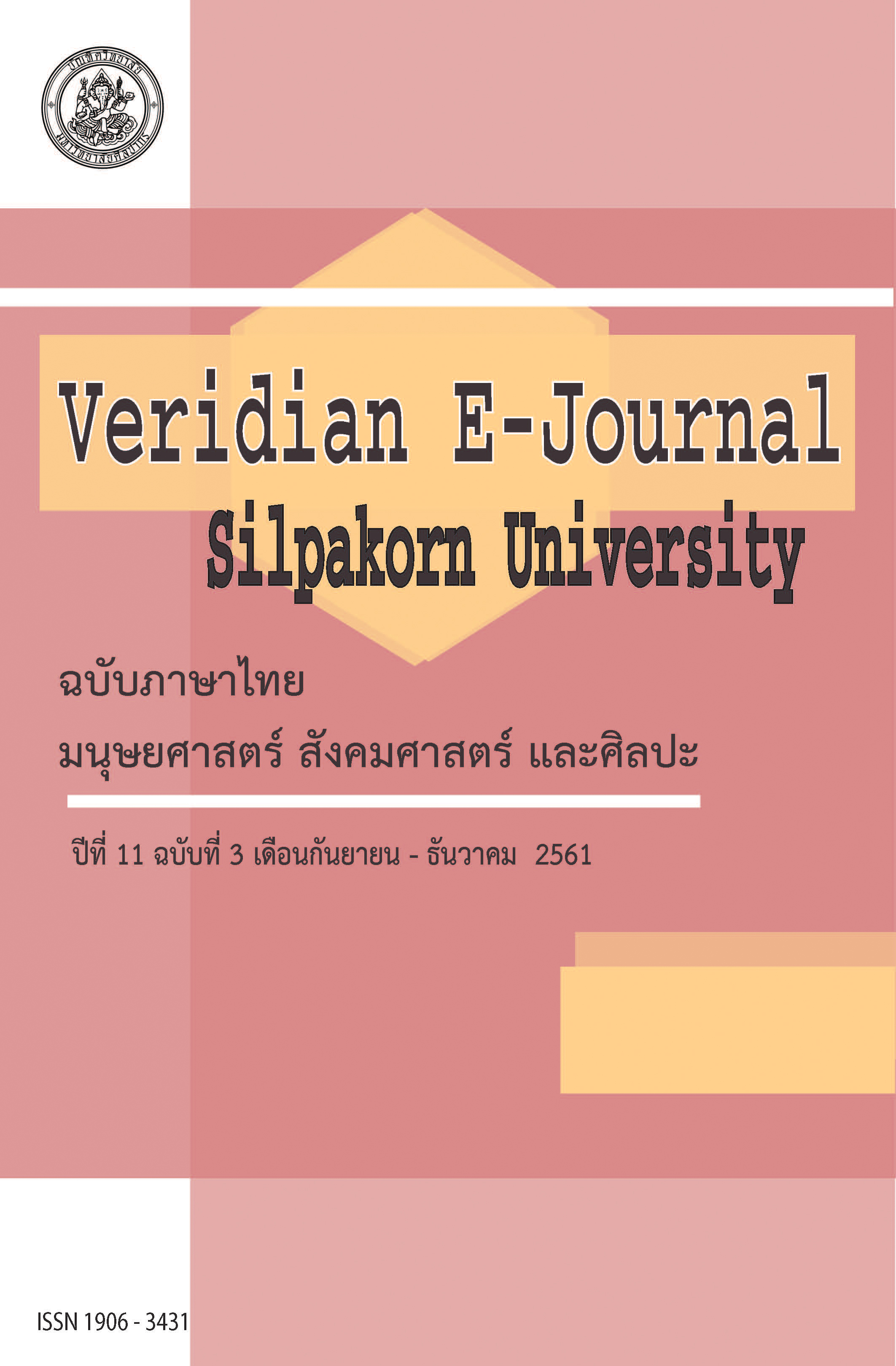การเพิ่มโอกาสและการเข้าถึงการศึกษาระดับอุดมศึกษาของเด็กด้อยโอกาส ภาคเหนือตอนบน (Increasing Opportunities and Accessing to Higher Education for Underprivileged Children in Upper Northern Region)
Main Article Content
บทคัดย่อ
การวิจัยครั้งนี้มีวัตถุประสงค์เพื่อวิเคราะห์นโยบายการจัดการศึกษาสำหรับเด็กด้อยโอกาสภายในประเทศ และค้นหาแนวทางการเพิ่มโอกาสและการเข้าถึงระดับอุดมศึกษาของเด็กด้อยโอกาสภาคเหนือตอนบน กลุ่มเป้าหมายในการศึกษาในครั้งนี้ ได้แก่ ผู้ที่มีส่วนเกี่ยวข้องกับการดำเนินงานตามนโยบายการจัดการศึกษาสำหรับเด็กด้อยโอกาส จำนวน 28 คน จาก 4 จังหวัดภาคเหนือ คือ แม่ฮ่องสอน เชียงใหม่ ลำพูน และลำปาง เครื่องมือที่ใช้ในการวิจัยคือ แบบสัมภาษณ์เชิงลึก ทำการวิเคราะห์ข้อมูลโดยวิธีการวิเคราะห์เนื้อหา นอกจากนี้ยังทำการวิเคราะห์เอกสารทางราชการที่น่าเชื่อถือ เพื่อสนับสนุนการวิจัย
ผลการวิจัยพบว่านโยบายการจัดการศึกษาสำหรับเด็กด้อยโอกาสของประเทศไทยมี 6 ข้อ คือ 1.บริการการศึกษาอย่างเสมอภาคและทั่วถึง 2. จัดการศึกษาอย่างมีคุณภาพเน้นการเรียนรู้เพื่อชีวิตที่เหมาะสมกับเด็กด้อยโอกาส 3. ส่งเสริมสนับสนุนให้มีการจัดสรรทรัพยากรเพื่อการศึกษาและปัจจัยพื้นฐาน 4. จัดระบบบริหารจัดการให้เอื้อต่อการจัดการศึกษาสำหรับเด็กด้อยโอกาสอย่างมีคุณภาพและประสิทธิภาพ 5. การจัดสรรงบประมาณให้กับสถานศึกษา และ 6. สร้างและพัฒนาเครือข่ายการจัดการศึกษาสำหรับเด็กด้อยโอกาส สำหรับแนวทางการเพิ่มโอกาสควรมีการขยายโอกาสทางการศึกษาลดค่าใช้จ่าย เพิ่มบทบาทของครูแนะแนวผลักดันให้นักเรียนได้รับสัญชาติ และการเข้าถึงการศึกษาควรมีการจัดการศึกษาอย่างมีประสิทธิภาพ พัฒนาคุณภาพผู้เรียนและส่งเสริมการจัดการศึกษา ขยายการเข้าถึงบริการทางการศึกษาและการเรียนรู้อย่างมีคุณภาพ พัฒนาระบบการบริหารจัดการส่งเสริมการศึกษาอย่างมีส่วนร่วม
The purposes of this research were to analyze the educational policies for underprivileged children in Thailand, and to find the ways to increase opportunities and better access to higher education for underprivileged children. The targeted groups of this study were those of whom were involved in educational policy formulation for underprivileged children involving 28 stakeholders in the Northern provinces of Mae Hong Son, Chiang Mai, Lamphun and Lampang. The instruments used to collect data for the research comprised of content analysis and in-depth interviews with the people who had been involved in the policy formulation of education for underprivileged children as well as thorough analysis pertaining to official/relevant documents. The research found that there were six main educational policies for underprivileged children in Thailand: 1. Equitable and equitable education services for all 2. Providing quality education and lifelong learning education for the disadvantaged children. 3. Promoting the provision of educational resources and fundamental resources. 4. Organizing the management system to facilitate the quality education for disadvantaged children. 5. Budget allocation for educational institutions. 6.Creating and developing networks of education for underprivileged children. Henceforth, the approaches set to increase opportunities and access to higher education were as follow: providing efficient education, improving students’ quality and competitiveness, and promoting educational management as well as expanding access to quality education and learning services, which included: developing a service management system and promoting participations in educational management.

